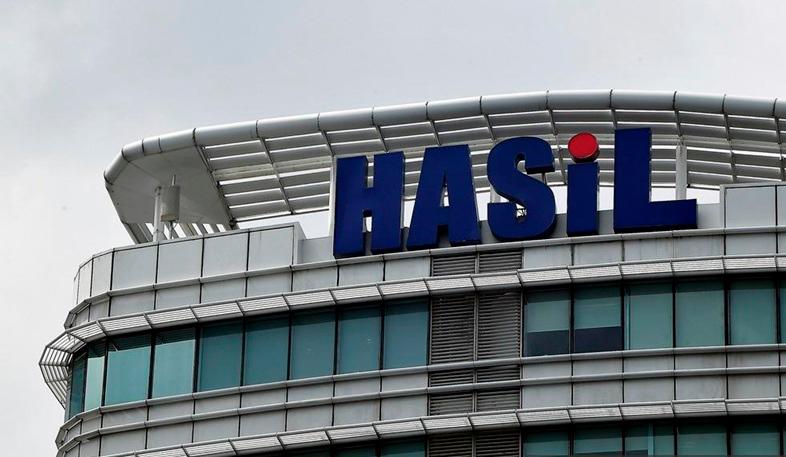THE Inland Revenue Board (IRB) has opened its doors to large taxpayers and offer them an opportunity to cooperate with them to manage their tax affairs with the ultimate intention of providing certainty to the taxpayers grounded on building trust and transparency between both parties.
This programme is called the Tax Corporate Governance Framework (TCGF). This is a two-way process where there will be open lines of communication between the two parties to minimise potential disagreements.
Internationally, many countries have initiated this programme, and the underlying principle is “cooperative compliance”. The purpose is to encourage taxpayers to improve the level and quality of compliance such that the tax authorities have a sustainable recurring revenue source with minimal deployment of resources.
Ultimate aim
The principal goal here is to ensure that taxpayers report the correct taxes in their tax returns, and the taxes are paid on time. To achieve this, the IRB needs to be satisfied that there is a system of controls in place in the taxpayer organisations which will produce the required results reliably.
This must start with data collection points such as sales, purchases, orders, etc, and thereafter the data must be recorded accurately and must be complete. The data must be processed and analysed in accordance with the tax principles, and while doing this, tax risks must be identified and managed in accordance with the company’s tax philosophy without infringing the tax laws.
If there is a conflict between the tax philosophy of the organisation on a particular transaction versus the IRB’s current position, the TCGF allows the taxpayer to engage with the IRB prior to the transaction being undertaken, or prior to the filing of the tax return. This avenue provides near certainty on where the taxpayer stands in relation to any controversial tax issues. This was not available in the past, and it is a “golden opportunity” for taxpayers to avoid future surprises.
Eligibility for participation
There are three conditions to be met: large companies, public listed companies, government linked companies and state-owned enterprise earning RM100 million and above; taxpayers who have been filing their tax returns and paying their taxes diligently for the past three years; and taxpayers with established tax control framework (TCF). All three conditions must be fulfilled. Investment holding companies and dormant companies are not eligible.
The reality on the ground level is that most companies do not have comprehensive TCF in place. To encourage organisations to participate in the TCGF, the IRB must not impose the availability of a TCF as a precondition for entering the programme. If there is a willingness and a clear commitment by the organisation to institute a TCF, the IRB should accept such organisations into the programme and allow them a grace period of six to 12 months to institute a TCF to increase the level of participation by the large companies.
The RM100 million threshold is reasonable for manufacturing companies where the material element is large, and achieving the RM100 million threshold is much easier when compared to companies in the services sector which principally relies on manpower. If the IRB wants to increase the participation of the service companies, then the threshold of RM100 million should be reduced to a smaller amount.
Implementation timeline
Taxpayers should be advised that implementing the TCGF programme will entail anywhere from nine to 15 months. Once you have been accepted into TCGF, you will be subject to less scrutiny on your tax returns for the next three years together with a dedicated officer from the IRB being assigned to each participant. The underlying intention here is to avoid audits and investigations for such taxpayers. However, if there are significant fluctuations or variations that need an explanation, there will be a dialogue initiated by the IRB or by the taxpayer to understand such fluctuations.
This article is contributed by Thannees Tax Consulting Services Sdn Bhd managing director SM Thanneermalai (www.thannees.com).









